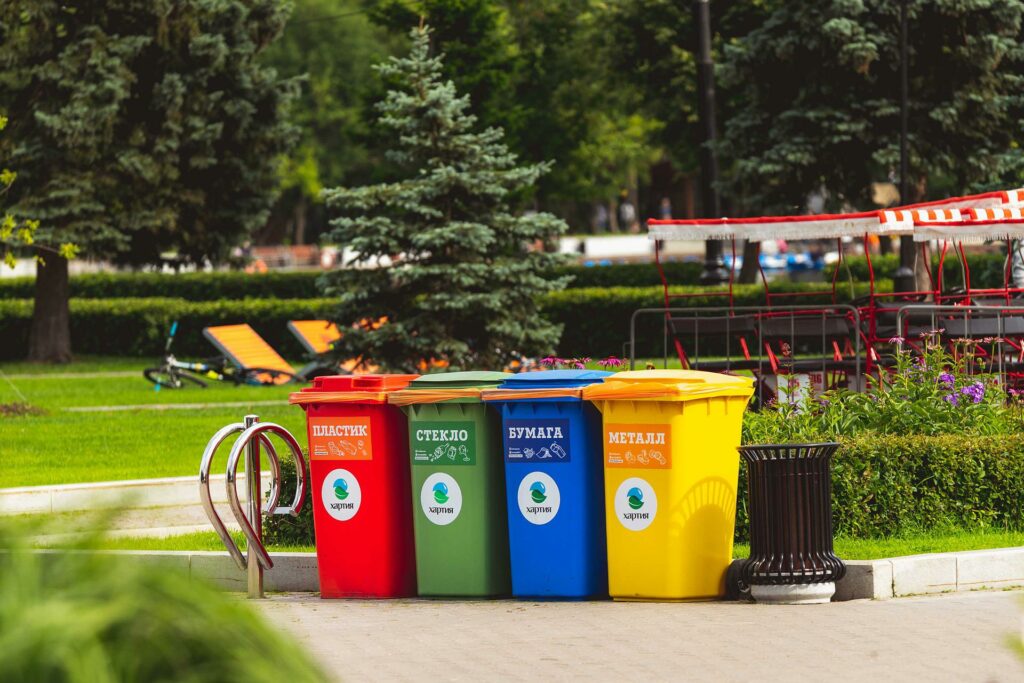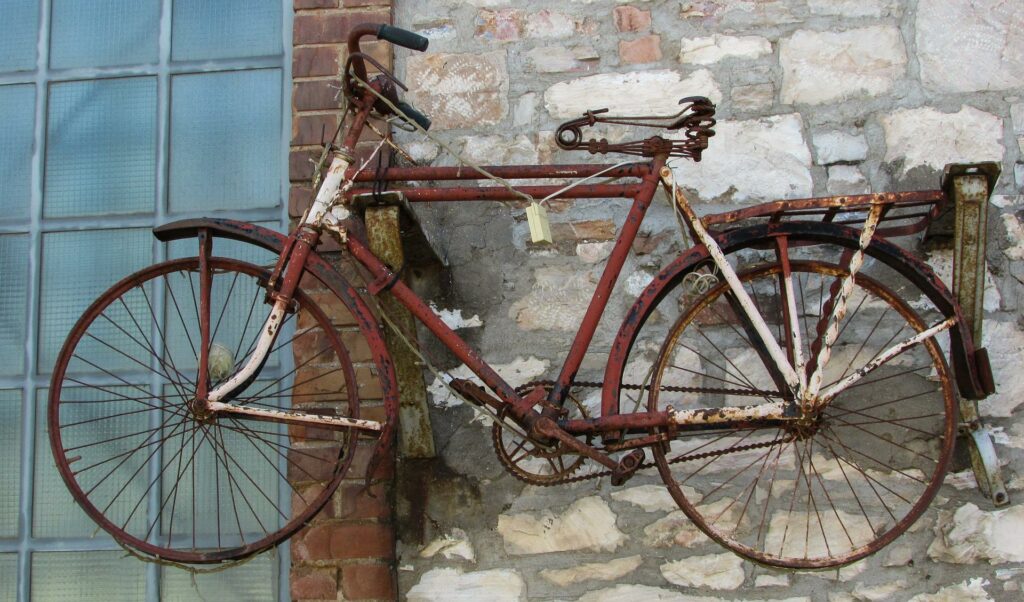How Can You Help Manage Waste to Keep the Environment Free from Diseases and Pollution?
Household waste has become a common cause of concern for people. It has detrimental effects on our environment. The growing pollution level has increased the risk of global warming and has already led to climate change in different parts of the world. The lack of proper waste management techniques has wreaked havoc on the climate and our planet. The non-biodegradable waste, specifically, takes thousands of years to decompose. Even then, this waste occupies a significant amount of land.
As a result, there has been a growing demand for landfills. Plastic is the main culprit here. All those disposables, one-time-use plastic bottles, and cutleries are thrown straight into the trash cans, eventually ending up in landfills. A recent study has shown that 6.3 million tons of plastic were generated, of which only 9% were recycled, and the rest was discarded. This waste has a negative impact on our environment, and in fact, it affects the planet and human health in many ways. It has been shown to worsen the climate crisis. It is leading to the extinction of endangered animal species. Even worse, a large amount of waste accumulated in the landfills causes pollution, which results in chronic diseases in humans.
Everyone is looking for ways to contribute to the environment by reducing the environmental impact of waste. Fortunately, there are many ways you can control pollution and protect the environment from diseases due to waste. In this post, we have listed a few easy tips for keeping our environment clean and free from pollution. Let’s take a look:

Keep Separate Bins for Recyclable and Non-recyclable Waste
After using a product, you throw it in your trash cans and send this waste to the landfills. This has become a common habit these days. While it takes some time to sort the waste materials by recyclable and non-recyclable items, the results are worth your time. Think about it — this simple step will help you identify the waste that can be repurposed into something useful. Plus, it can earn you some money.
Mixing your waste in a single trash can make recycling difficult. Recycling centers do not accept your trash cans if they are not organized properly. You should take some time to identify whether the waste is recyclable and keep it in the recycling bins instead of discarding the waste straight into the landfills. Certain types of waste are to be sent to special treatment facilities. This includes toxic waste that consists of harmful chemicals. So, always keep separate trash cans for your household waste. This will reduce your carbon footprint significantly. Think about the amount of land you will save by sending your waste to the recycling units instead of dumping everything into the landfill.
Do Not Buy Single-Use Items
After a single-use, these items are useless and become a part of the landfill. Plastic mainly harms our environment in many ways. The single-use batteries, plastic cups, water bottles, and not to mention, polythene bags can have a devastating impact on marine life. These waste items enter oceans through landfills. The marine life confuses this waste with the prey and ingests them.
The battery is another toxic item that can destroy our environment and humans. It contains many toxic elements that must be disposed of efficiently. Check out your state’s waste disposal guidelines before throwing all your waste items into the trash cans. Remember that the amount of waste tossed in the landfill is directly associated with pollution and other environmental impacts.
Switch to the Reusable Items
Another step we can take to reduce our carbon footprint is to switch to reusable items. Currently, most people rely on single-use plastic products. You might have many reusable plastic bottles, but how often do you use them? Ask anyone, and they will most likely tell you how they buy plastic water bottles instead of carrying their own bottles. Bringing your own water bottles will not only help you do your part for the planet, but it’s a great way to save money.
People have the habit of buying beverages on the go, especially water. If you are concerned about the tap water quality, get a bottle with a built-in filter. Likewise, stop bringing plastic cutlery to work. Replace them with metal containers or paper bags. There are plenty of eco-friendly alternatives available. You just need to find an option that fits your individual needs, and you are good to go!
Do Not Buy Unnecessarily
Impulsive shopping became quite prevalent during the COVID pandemic. People stocked their refrigerators with 2-3 month supplies. That time was different. People were not sure about when they could shop or what if the stores were closed again. Now that everything has returned to normal, you have time to create a list of the items you need before hitting a grocery store or the supermarket. Do not indulge in impulsive shopping.
Not only is it a waste of money, but buying unnecessarily or too much in advance can harm the environment. The perishable items will get spoiled and end up in your trash cans. If you are worried about multiple trips to the grocery stores, you can order online. In fact, most grocery stores have launched mobile apps that allow you to place an order in simple clicks. One of the reasons for a large amount of household waste collection is impulsive shopping. Buy what you need. It’s better to visit the market multiple times or order your grocery online weekly than buy one month’s supply in advance, only to throw it away.
Avoid Plastic as Much as Possible
Plastic accounts for the largest portion of the waste accumulated in landfills. It is assumed that around 500 disposable plastic cups are being produced and used every year. Now, you can only imagine the plastic pollution caused by these cups alone. Add to this the polythene bags and other plastic items, and you will know why plastic is deemed as the major culprit of pollution.
Plastic waste doesn’t only harm marine life and humans, but it leads to global carbon emission. When this plastic is burned in the landfill, it generates a large amount of carbon dioxide, which is released into the atmosphere. This increases carbon emission and your individual carbon footprint. The question is, how can you avoid plastic waste?
For starters, identify your plastic usage. Make a list of the things that come wrapped in plastic and swap them with the eco-friendly products or brands that supply these products in paper bags or other sustainable packaging. The next time you gift something to a friend or a co-worker, make sure you wrap the product in paper or cloth bags. Plastic is also used in excessive amounts in workplaces. Employers keep disposable cups and serving platters for snacks, lunch, and beverages. Instead of using these plastic disposables, you can bring your metal cutlery from home. These tips were to name a few. You can cut down your plastic usage in many ways.

Donate and Reuse
People tend to throw things in the garbage without a second thought. Do you know this is the reason why a large amount of waste is collected in your trash cans? We aren’t asking you to not throw anything away, but be mindful of what you are discarding. Check if it is reusable. Sometimes, the products that we dispose of can be reused. If it’s in good condition, you can repurpose the product into something else. If it’s of no use, consider donating it to the charity. For instance, your old clothes that no longer fit you must be sent to a charity or a recycling center instead of the landfill.
You will be surprised to see how your used products will improve someone’s living conditions. The footwear that you don’t wear anymore simply because it is not in trend will mean a lot to a needy person who walks barefoot. The point is you should think twice before throwing stuff into the trash. Items that are absolutely useless belong in the trash, but the products that are in good condition should rather be donated or reused.
Drive Less
Cars emit carbon dioxide in large amounts. That’s why the government and environmentalists are focusing on other modes of transport. Electric vehicles, for example, are being used a lot. Tesla and other popular car manufacturing companies are investing in electric vehicles and autonomous vehicles to reduce carbon emissions. You can also reduce your carbon footprint by choosing an eco-friendly mode of transport. Consider walking or cycling to the destination instead of driving. Or, if the destination is too far from home, consider carpooling. This way you can bring your friends with you and have a great time together. It will also lead to fewer cars on the road. Energy-efficient motors are also quite common these days. Basically, there are many ways you can do your part for the planet by adapting to a healthier waste management plan.


Responses